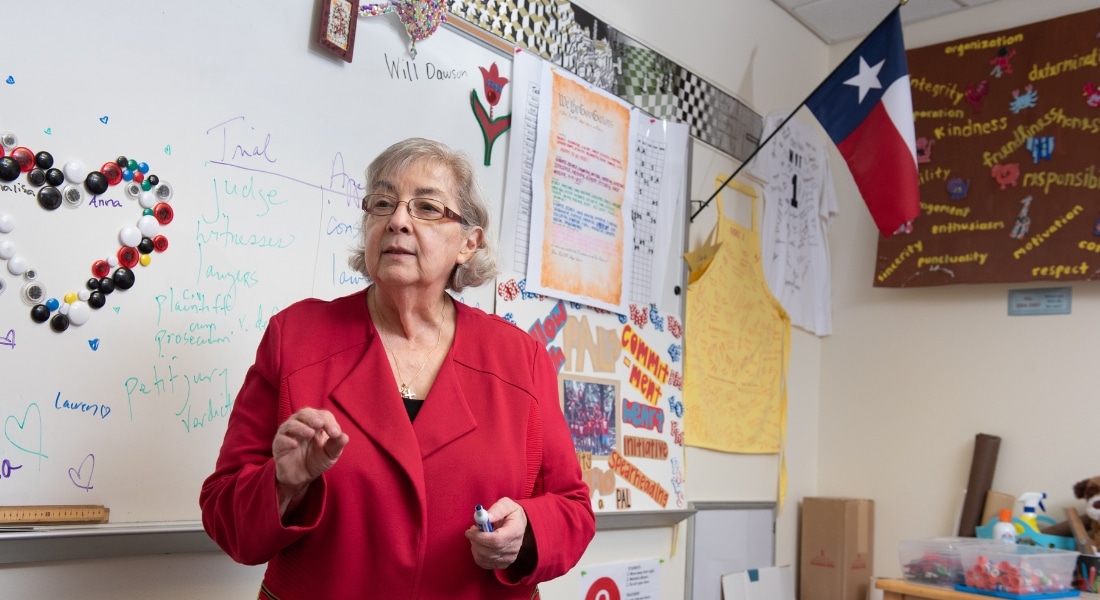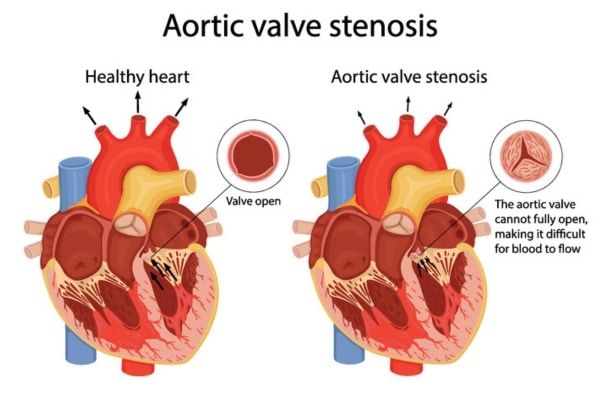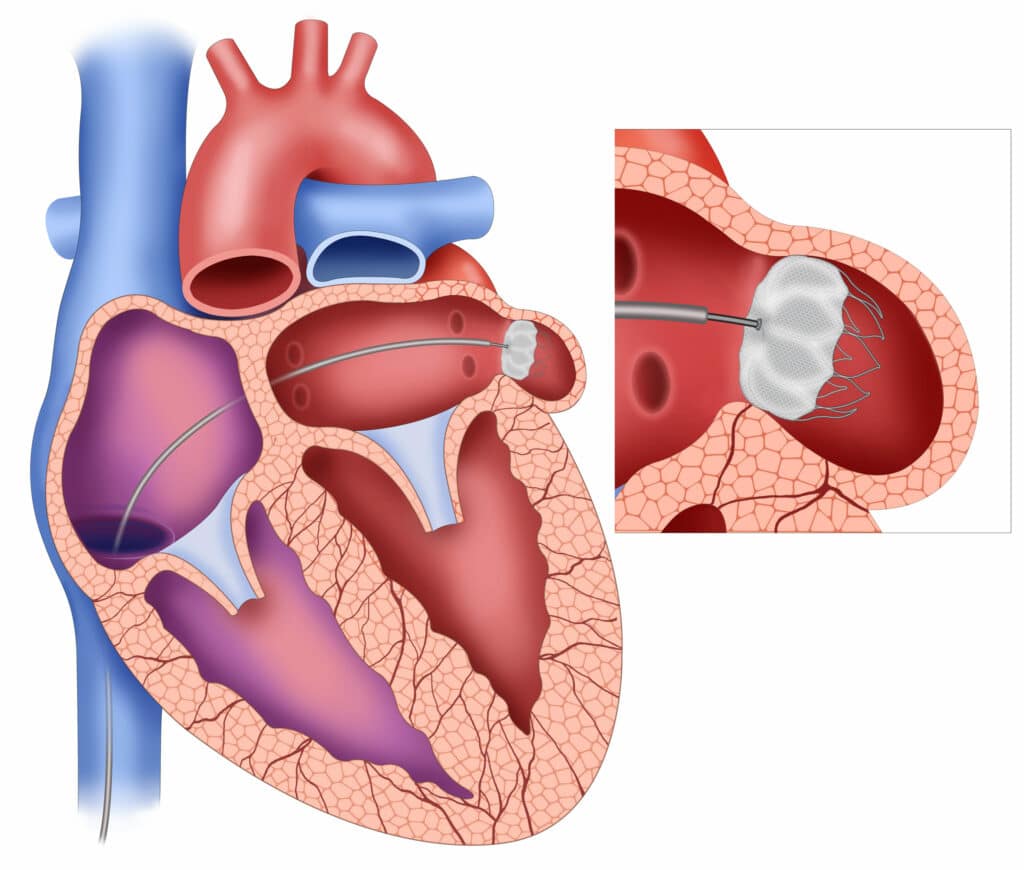After over 50 years of educating bright, young minds, Eugenia Jameson dreaded the thought of stepping away from her duties at John Paul II High School in Plano.
So last year, when the 77-year-old Dallas resident was diagnosed with heart valve disease and coronary artery disease, she was grateful to find a better option at Methodist Richardson Medical Center.
By opting for a minimally invasive procedure known as a transcatheter aortic valve replacement (TAVR), she was only parted from her beloved students for a long weekend.
“I love what I do,” says Eugenia, who teaches a senior government class at the private Catholic school — a job she’s held for the last two decades. “I knew I needed to do whatever I had to in order to remain in the classroom.”
When is the last time you took a beat? Register for our women’s Heart Month webinar. Visit MethodistHealthSystem.org
SAVED BY A ROUTINE EXAM
After losing her husband to cardiac arrest, Eugenia knew to never neglect her heart health. Having been diagnosed with a heart murmur in her 40s, she has faithfully visited an internal medicine doctor for several years.
“My heart murmur has been stable for decades, so I was a bit startled when my doctor told me at my annual visit that it was much louder,” she says. “I hadn’t had a single symptom, but we both agreed that I should see a cardiologist to investigate.”
At a friend’s recommendation, Eugenia sought help from Nhan Nguyen, MD, interventional cardiologist on the medical staff at Methodist Richardson.
DIAGNOSIS: AORTIC STENOSIS
Dr. Nguyen ordered a full diagnostic cardiac assessment for Eugenia, and the results revealed two of the most common coronary conditions found in older patients: aortic valve disease and coronary artery disease.
“He explained that there was a severe buildup of calcium that was causing my heart valve to narrow,” she recalls. “It’s called stenosis, and it was reducing the blood flow through my heart.”
The news took Eugenia by surprise. She hadn’t experienced any of the usual symptoms: dizziness, shortness of breath, chest pains, fatigue, and heart palpitations. But she decided to seek treatment before symptoms appeared — or worse.
“I knew that I wanted to be able to focus on teaching and not have this lingering in the back of my mind,” she says.
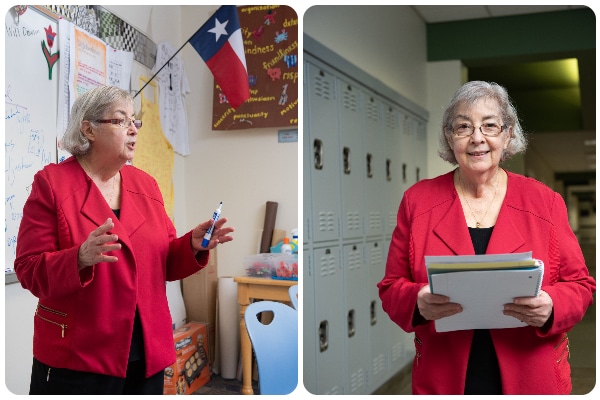
ONE NIGHT IN THE HOSPITAL
To ensure Eugenia had the best chance of recovery, Dr. Nguyen consulted a colleague from Methodist Richardson’s Heart and Lung Center: Derek Williams, MD, cardiothoracic surgeon on the hospital’s medical staff. Dr. Williams explained to Eugenia how a TAVR could solve her problem.
“Aortic valve replacement can be performed with open-heart surgery or with a TAVR,” Dr. Williams explains. “Given her age and condition, a TAVR was a great option as it is less invasive and offers a simpler recovery.”
Eugenia quickly agreed, and on December 14, 2023, she went to Methodist Richardson for surgery.
Using an incision in her leg, Drs. Nguyen and Williams threaded a catheter through her femoral artery and used advanced imaging to guide it to her heart. Once the new valve was implanted, the catheter was retracted, and the procedure was done.
“I spent one night in the hospital and then recovered at home over the weekend and was back to work on Monday,” Eugenia recalls.
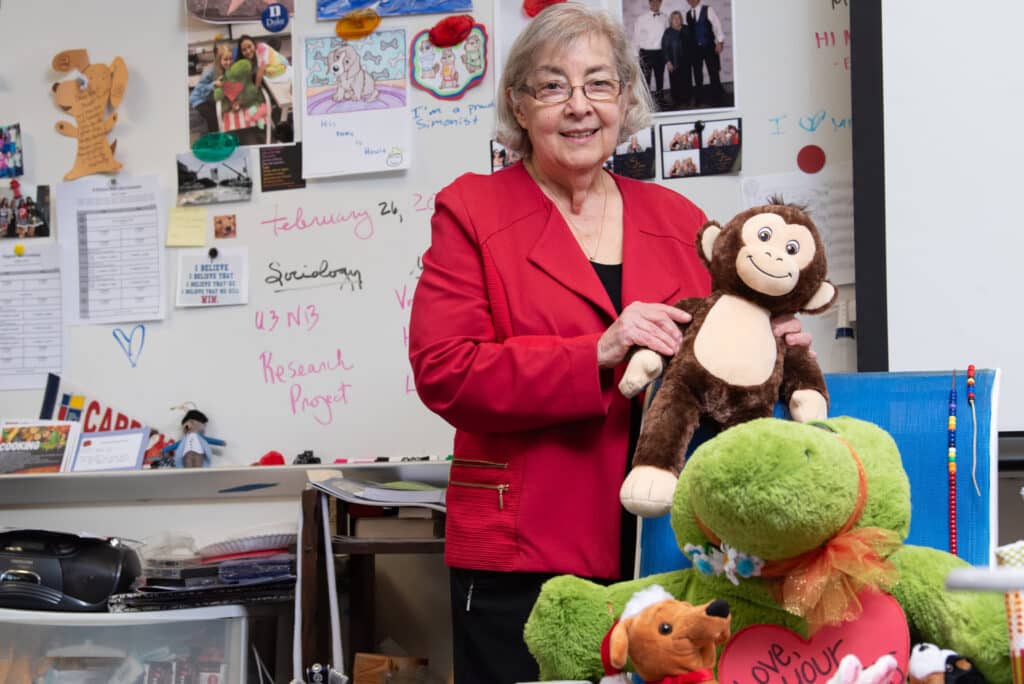
AT THE HEAD OF THE CLASS
Dr. Williams says that a speedy recovery is one of the top reasons he offers the TAVR procedure to qualifying patients.
“At Methodist Richardson, we know people have lives they want to get back to, and we pride ourselves on offering high standards of care in an expedited manner,” he says. “Eugenia told me how grateful she was to have received such personalized care that got her back to what she loves most.”
And Eugenia wasn’t the only one to celebrate her fast return.
“My students were so excited to see me back so quickly,” she reports.

